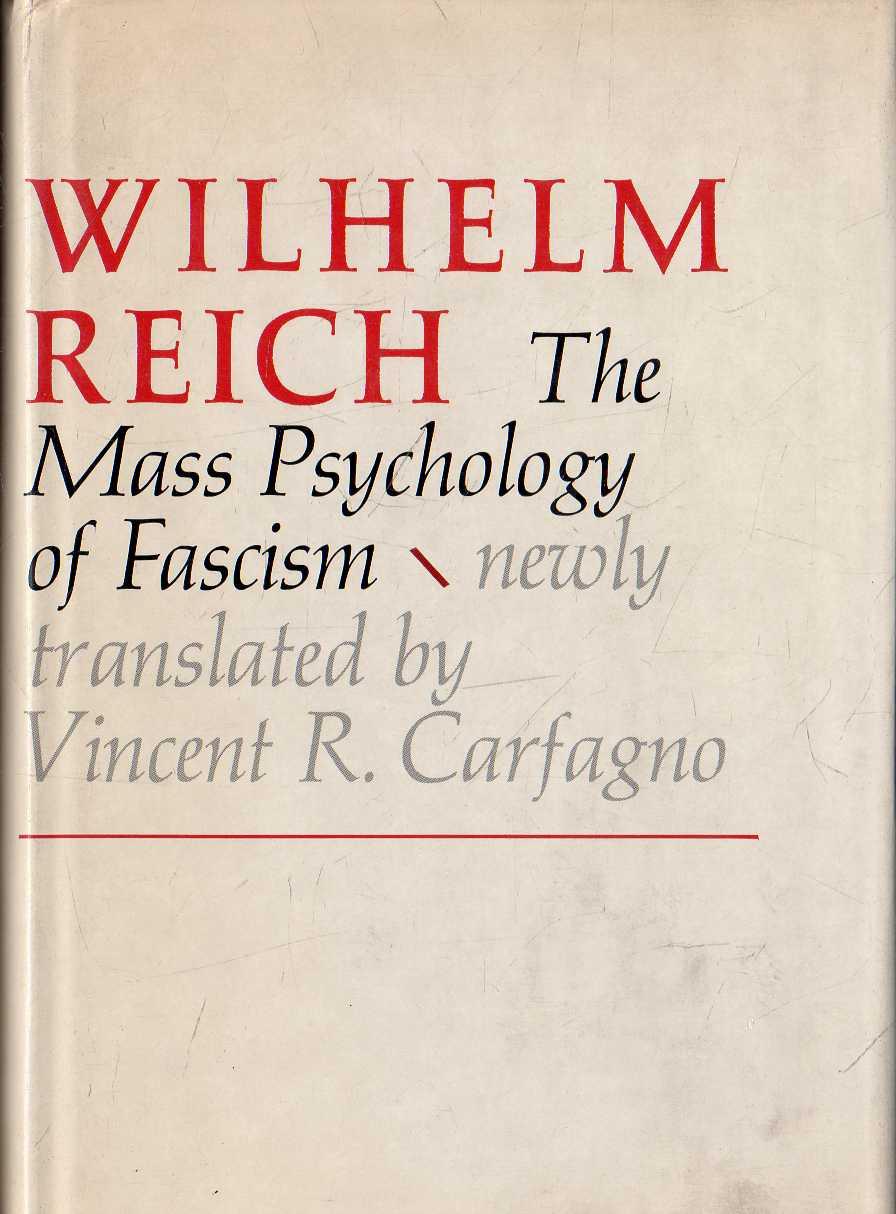

Įver since the 1920s, rarely have discussions of fascism broken surface without its perplexing relation to the history of ideas breaching rapidly alongside.

She saw the "ideas" these regimes promulgated as at best a window-dressing that lent to "purely man-made power-mainly destructive … some superior, super-human sanction from which it derives its absolute, not-to-be-questioned force." Perspicaciously, she saw Nazism's distinctiveness in its "assign to nature the role Marxism assigns to history"-nature's message, according to the Nazis, being that "by killing the weak and the helpless, one proves by implication that one belongs to the strong." 3 Both emphasized the pleasures fascism offered its followers-and the challenge of studying fascist ideas in view of the ambiguous fit between the contents of those ideas and their most devastating effects. 2 That same year, the philosopher and political theorist Hannah Arendt, in the pages of Commentary, reflected on the faux "scientificality" of all totalitarian regimes, Nazism included.

1 In 1946 he observed again that Nazism had quite apparently spoken to antiauthoritarian, " rebellious emotions" just as much as long-term, corporeally anchored reflexes of submission to overpowering authority. What ideological "befogging," asked the iconoclast Marxist Freudian Wilhelm Reich in The Mass Psychology of Fascism (1933), convinced the impoverished, disempowered masses to find in fascism the answer to their discontent? The only explanation could be, he suggested, that fascism addressed human selves already riven by impulses of insurgence and compliance.


 0 kommentar(er)
0 kommentar(er)
